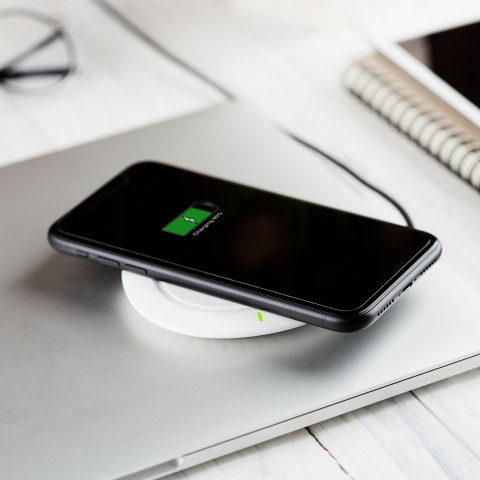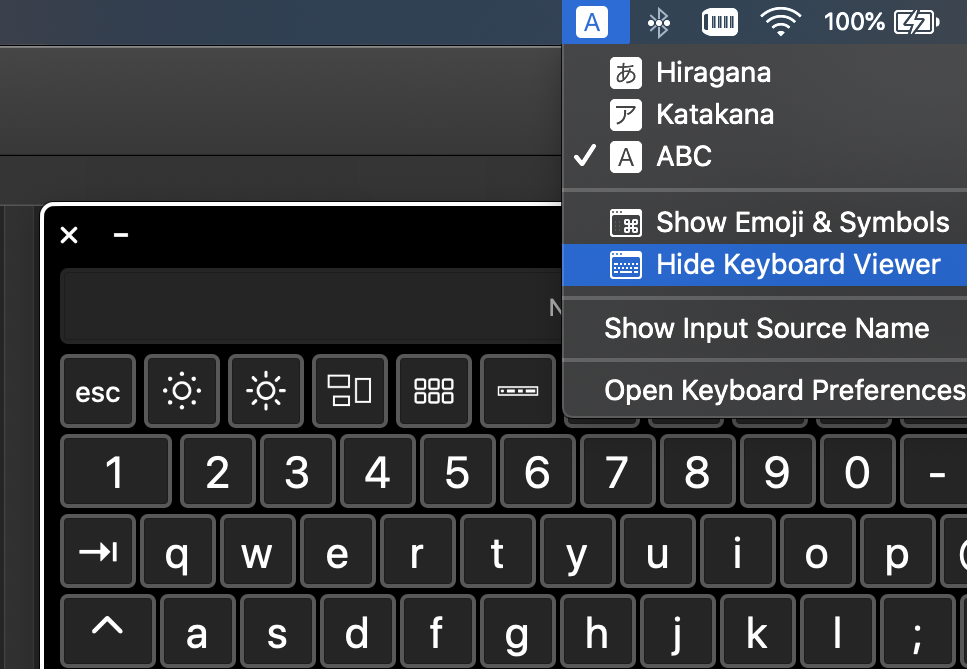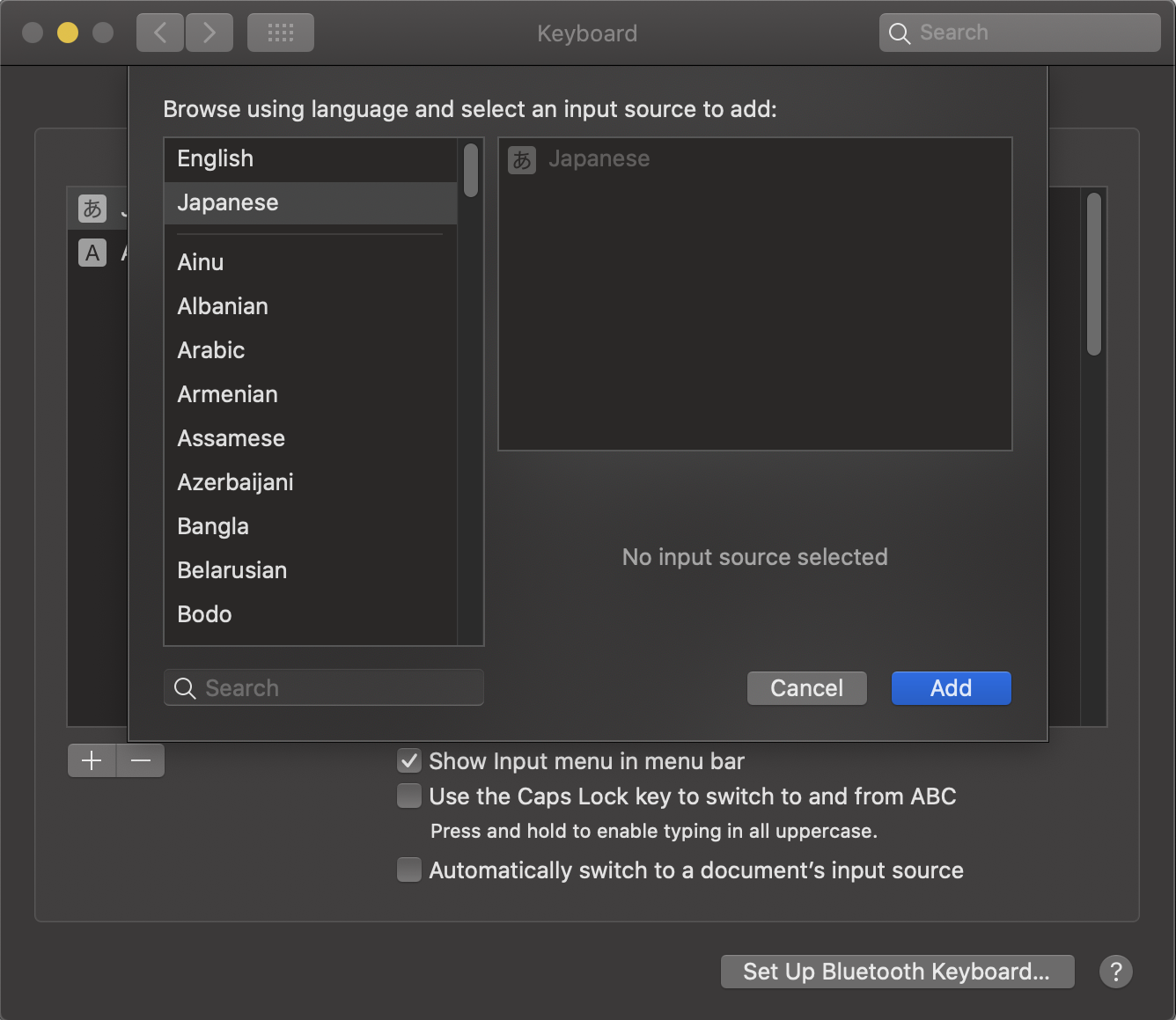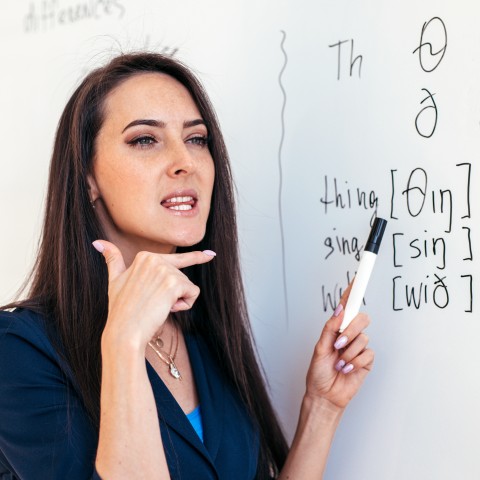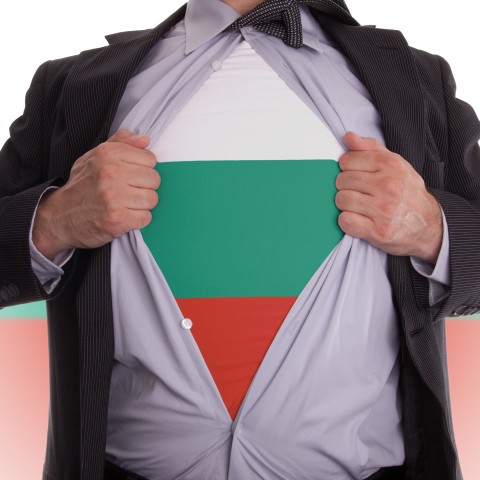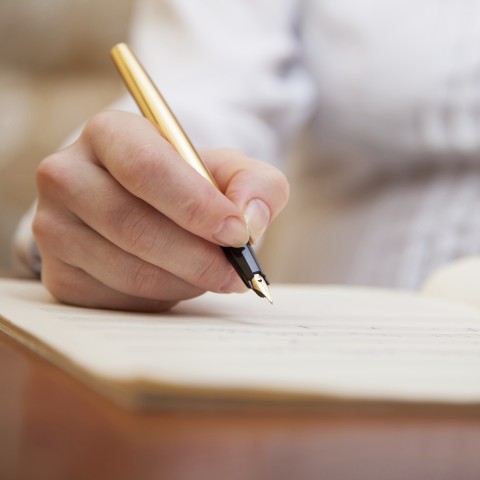
Is it possible to make studying a foreign language fun? Yes, it is!
Studies show that the more entertaining your language practice is, the quicker and easier you’ll pick that language up.
So, what’s one way you can make learning Bulgarian fun again? Watching YouTube.
Here are just a few benefits of supplementing your regular studies with Bulgarian language YouTube content:
- Watching Bulgarian YouTube channels is a great way to practice your listening skills.
- You choose the topic and the time. By picking channels or videos that interest you, you’ll learn new vocabulary related to those topics in a more natural way.
- You’ll get a sense of how the language works without studying all of those boring grammar rules.
- Bulgarian YouTube channels are a great way to replace real-life communication with Bulgarians, especially when you don’t have the opportunity to meet and interact with the local people.
- Sometimes, textbooks contain old phrases that are no longer used in everyday life. But Bulgarian YouTubers will keep you up-to-date with the language as it’s used today.

BulgarianPod101 gives you the opportunity to take advantage of all these benefits and learn Bulgarian in the easiest and most fun way: by watching your favorite Bulgarian YouTube channels. This comprehensive guide contains not only a list of the best YouTube channels for learning Bulgarian, but also tips on how to use these resources effectively.
What are you waiting for? Start familiarizing yourself with spoken Bulgarian right away!
 Table of Contents
Table of Contents
- How to Learn Effectively with Bulgarian YouTube Channels
- Господари на ефира I Gospodari na efira
- HeyKids – Детски Песни
- Кухнята на Звездев – La Cocina Búlgara
- The Clashers
- academico
- LILI IVANOVA
- Новините на NOVA
- Learn Bulgarian with BulgarianPod101.com
- Why is BulgarianPod101 the Best Place to Learn Bulgarian?
1. How to Learn Effectively with Bulgarian YouTube Channels
Our list of the top Bulgarian YouTube channels will do you little good if you don’t know how to make the most of your watching time. To take full advantage of these resources, BulgarianPod101 suggests that you follow the steps below.
Step 1: Get used to the language!
Getting used to the spoken language takes time! Don’t expect to get something from the very first video.
But this doesn’t mean that you have to give up! There are numerous resources out there that can make the adaptive process easier for you, such as our vocabulary lists and audio lessons.
- ➢ BulgarianPod101 has also prepared this list of the most common Bulgarian phrases you need to learn!
Step 2: Prepare for the specific topic beforehand!
Getting prepared upfront for the topic you’re going to watch will help you a lot. In particular, we recommend that you learn the most common vocabulary related to that topic. For example, if you intend to watch a culinary show, you can learn the following Bulgarian words and try to recognize them in the dialogue:
- рецепта (retsepta) – recipe
- продукти (produkti) – products
- ястие (yastie) – dish
- картофи (kartofi) – potatoes
- месо (meso) – meat
- фурна (furna) – oven
- минути (minuti) – minutes
- ➢ Of course, your list could be much more extensive than this one. You can get more words for your list from BulgarianPod101’s cooking vocabulary list.
Step 3: Make use of the subtitles!
One of YouTube’s greatest features is the option of turning the subtitles on, which will enable you to read the Bulgarian text while it’s spoken. Just think what a great reading, listening, and comprehension exercise this could be! Moreover, if you find it difficult to comprehend the meaning of something, turn on the English subtitles instead. This will help you understand the meaning of any unknown words and memorize them better.
Step 4: Turn off the subtitles!
As soon as you’ve started to understand the greater part of the dialogue and have memorized some of the most commonly used phrases, it’s time to turn off the subtitles and move on to the next level: pure listening.
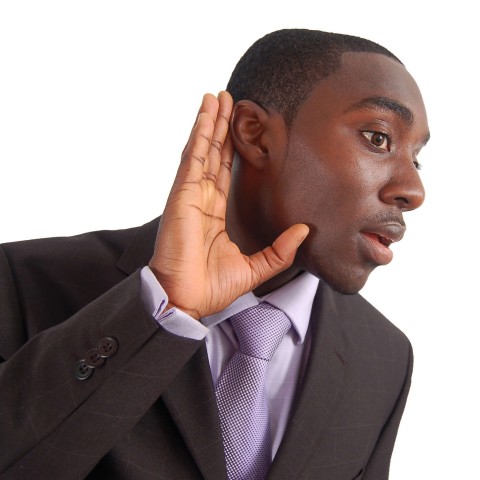
Step 5: Adjust the speed when needed!
YouTube’s speed regulation button is of great help to foreign language learners. It allows you to adjust the speed of speech, meaning that you can slow down any parts that you’re struggling to understand and listen word-for-word.
We recommend that you understand at least eighty percent of the video before you go on to the next one. This means that you’ll have to watch the same video multiple times, until you get used to most of the words and phrases. This will significantly reduce the amount of time it takes you to understand Bulgarian.
Now, it’s time to present you with our picks for the best YouTube channels for learning the Bulgarian language!
2. Господари на ефира I Gospodari na efira

Category: Humoristic TV show
Link to the YouTube Channel: https://www.youtube.com/channel/UC3Wyun_X7gtPavYKL-_i-7Q
Example Video Link: https://www.youtube.com/watch?v=5okwH6V1eqI
Level: Intermediate – Advanced
Everyone needs a good laugh now and then, so we’ll start our list with this popular Bulgarian TV YouTube channel. With more than 178 thousand followers, this show is well-known across Bulgaria for its humorous (and oftentimes silly) content.
We recommend this channel for intermediate and advanced learners, as it can help you practice real-life conversational phrases. In addition, you’ll gain some insight into Bulgarian humor!
3. HeyKids – Детски Песни

Category: Children’s songs
Link to the YouTube Channel
Example Video Link
Level: Beginner – Intermediate
This channel is a great option for beginners who would like to learn the Bulgarian language basics on YouTube. The children’s songs featured on this channel can be easily memorized, making it a great resource for growing your Bulgarian vocabulary.
One great feature of this channel is its Bulgarian subtitles, which will help learners better understand the song lyrics—plus, they’ll make it easier for you to start singing along. If you already know the basics, you can still enjoy listening to a few tales in Bulgarian and practice your listening comprehension.
4. Кухнята на Звездев – La Cocina Búlgara

Category: Culinary TV series
Link to the YouTube Channel
Example Video Link
Level: Beginner – Intermediate
Do you enjoy watching culinary shows? You can combine your interests with your Bulgarian studies by watching this popular cooking show, featuring masterchef Ivan Zvezdev.
Watching this Bulgarian food YouTube channel will not only teach you how to make great recipes, but it will also familiarize you with important Bulgarian vocabulary related to ingredients and kitchen utensils. Although there are no subtitles, written Bulgarian instructions often appear on the screen. And, as the title of the channel suggests, you can also find a few Spanish series with Bulgarian subtitles.
5. The Clashers
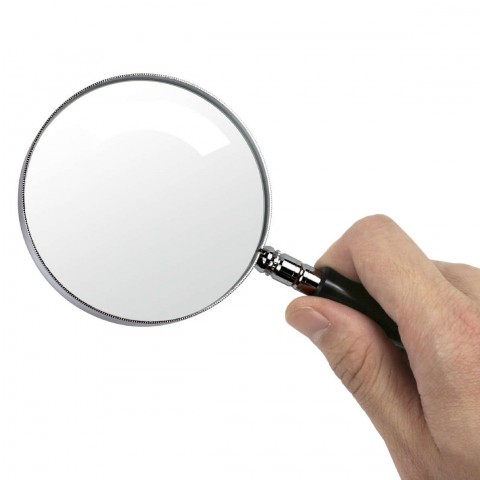
Category: Interesting facts
Link to the YouTube Channel
Example Video Link
Level: Intermediate – Advanced
If you’re curious about the world around you and love to discover new things, we think you’ll enjoy watching The Clashers. This channel’s main host, Slavi, is among those YouTubers that can help you learn Bulgarian in an entertaining way, especially if you’re already at the intermediate level.
Much of their content consists of Top 10 charts, 50 amazing facts videos, product reviews, and vlogs. This variety of fascinating content can help Bulgarian learners practice the vocabulary they’ve learned so far and learn more new words related to a specific topic.
6. academico

Category: Short school lessons
Link to the YouTube Channel
Example Video Link
Level: Beginner – Intermediate
The academico channel provides short lessons on school subjects for Bulgarian students up to seventh grade. Because these videos are designed for younger viewers, they’re easy to understand, funny, and feature clearly spoken language. This combination of factors makes the channel perfect for Bulgarian language learners!
Additionally, learners can begin picking up new Bulgarian vocabulary in a simple format, starting with first grade videos and moving up to seventh.
7. LILI IVANOVA

Category: Pop songs
Link to the YouTube Channel
Example Video Link
Level: Intermediate – Advanced
If you’re interested in discovering Bulgarian songs, YouTube has a plethora of channels to help you out! But we recommend Lili Ivanova’s channel for a few reasons.
Lili is a beloved pop singer in Bulgaria, with a beautiful voice and touching music. In addition to hearing some of Bulgaria’s best music, you’ll be able to test your listening comprehension skills and pick up new vocabulary by following along with the lyrics.
8. Новините на NOVA

Category: TV news
Link to the YouTube Channel
Example Video Link
Level: Intermediate – Advanced
Новините на NOVA is the most popular news channel in Bulgaria, providing updated information about all areas of life in Bulgaria. This Bulgarian news YouTube channel allows you to improve your language skills while staying up-to-date on things going on in the country.
The news presenters speak clearly, making it easier for learners to improve their own pronunciation. This channel is also a great way to learn the economical, political, tourist, and social situation in the country before traveling there.
9. Learn Bulgarian with BulgarianPod101.com
Category: Language learning
Link to the YouTube Channel
Example Video Link
Level: Beginner – Advanced
The BulgarianPod101 YouTube channel provides learners with the opportunity to improve their Bulgarian skills, regardless of their current level. We help people learn basic, intermediate, and advanced Bulgarian—without needing to pay for a private Bulgarian teacher.
Our channel offers a lot of unit lessons, grammar and vocabulary learning videos, exercises, and more. Moreover, you can turn on the subtitles to understand the content in your own language. In addition to listening, reading, and overall comprehension practice, we implement learning strategies that will help you learn Bulgarian better and faster.
10. Why is BulgarianPod101 the Best Place to Learn Bulgarian?
Whether you have three minutes a day to study Bulgarian or an hour, systematic learning is the best approach for gaining new knowledge. Our channel, Learn Bulgarian with BulgarianPod101.com, offers three-minute lessons for those who don’t have much time, as well as ten-minute educational videos and twenty- to thirty-minute videos for those with more time. You’ll even find videos with a duration of two hours or more!
Our videos are made by professional linguists who are native Bulgarians, so you can be sure that their pronunciation is correct. Moreover, the channel provides a free way to start learning the language, from Absolute Beginner all the way up to Advanced. Whether you want to learn basic vocabulary for daily conversations or need phrases for business negotiation—or anything in-between—we have you covered.
We provide a rich variety of content, and regularly update our channel with new videos. The practical lessons and exercises on our channel can help you overcome your language barriers and start communicating freely with native Bulgarians.
If you would like to dig even deeper into the grammar, you can turn to the BulgarianPod101 website, which offers great guides for everyone. We also offer a MyTeacher service for Premium PLUS members, where you can find a professional Bulgarian teacher to speed up your learning. You can also use our free app, which is available for all kinds of smartphones.
Did you like our comprehensive guide on the ten best Bulgarian YouTube channels for learners? We would love to hear from you in the comments. Also feel free to share with us which of these channels you want to watch first, and why. We look forward to hearing from you!




















 Table of Contents
Table of Contents
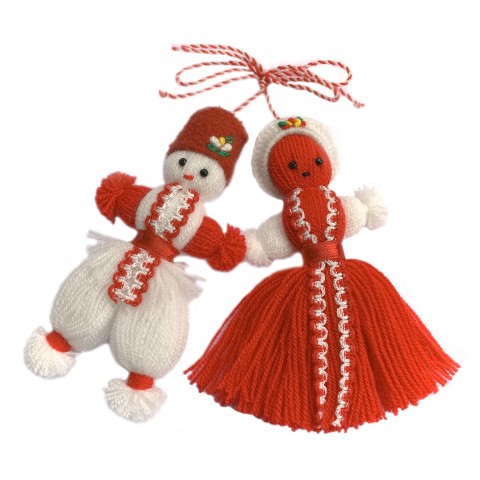

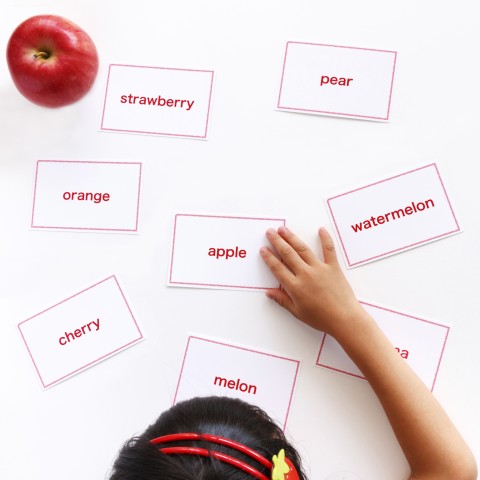

















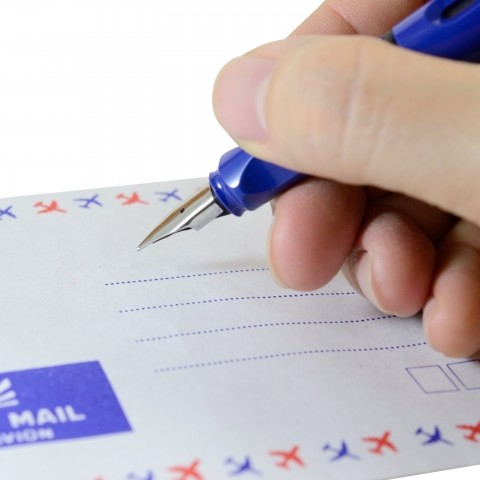


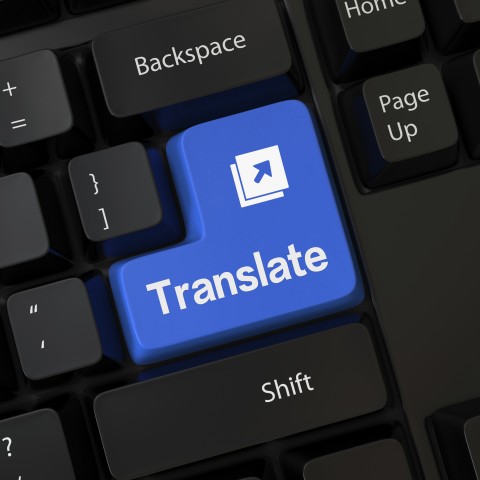








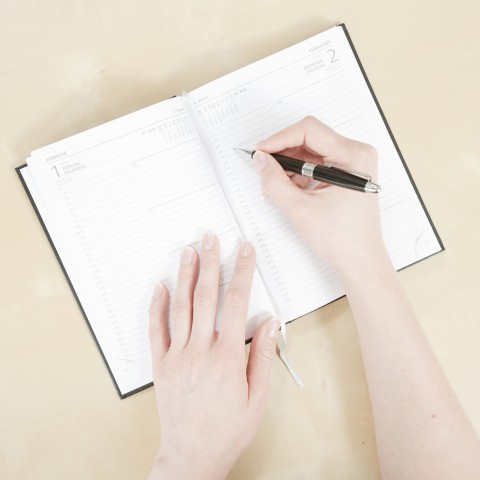
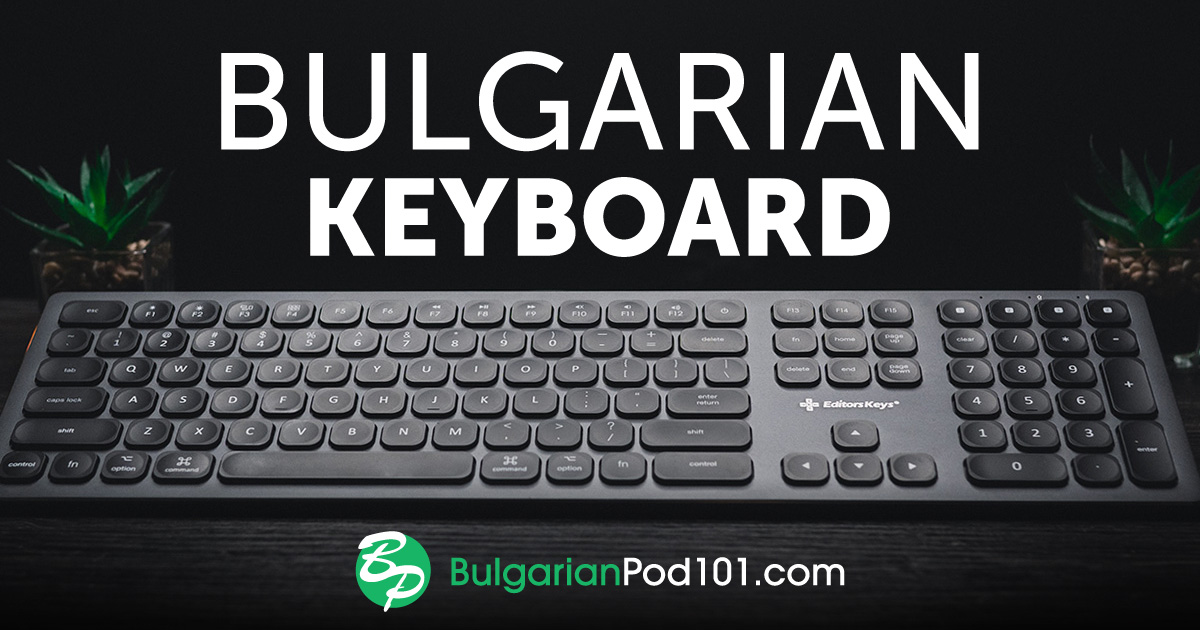
 Table of Contents
Table of Contents
